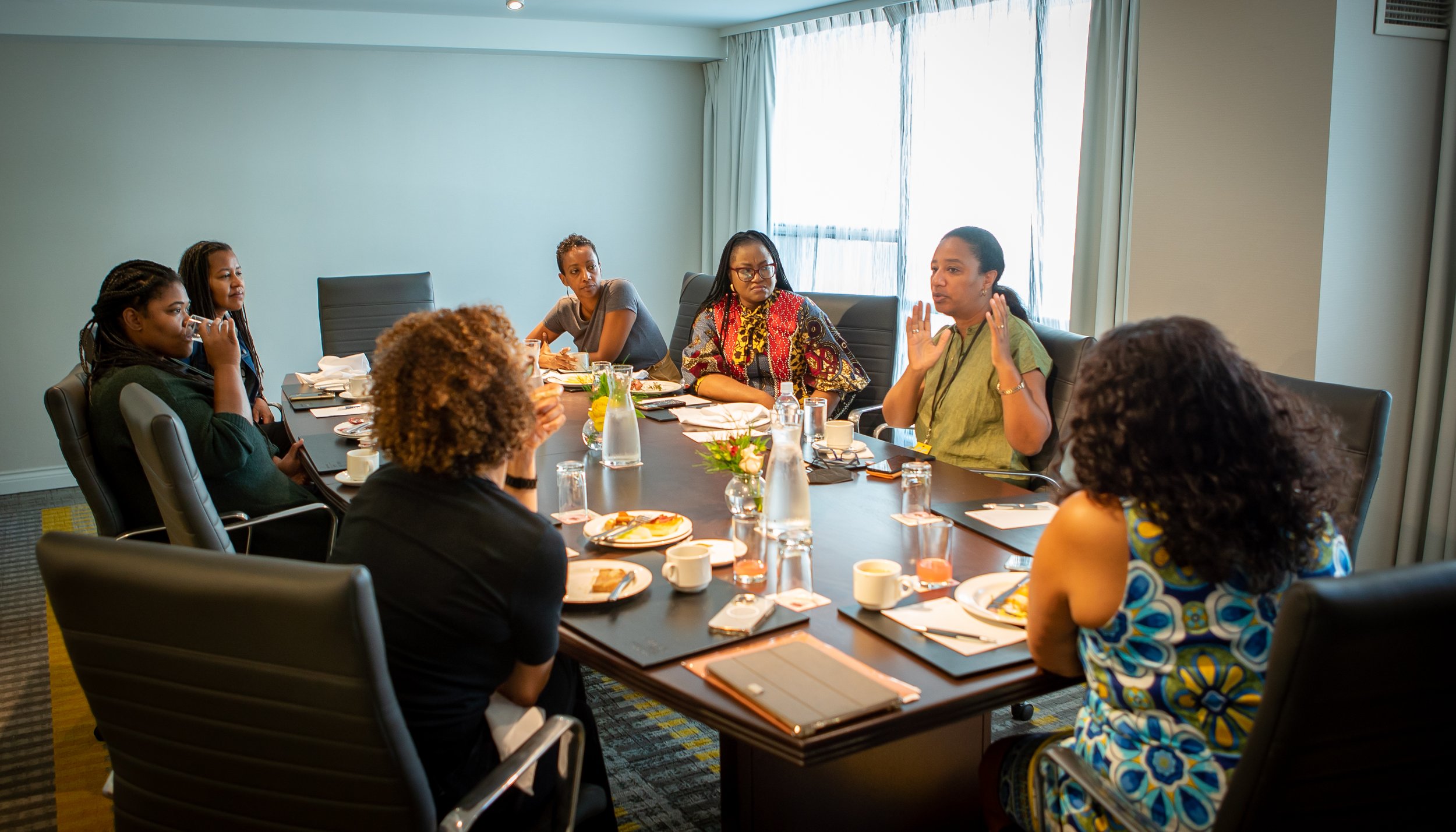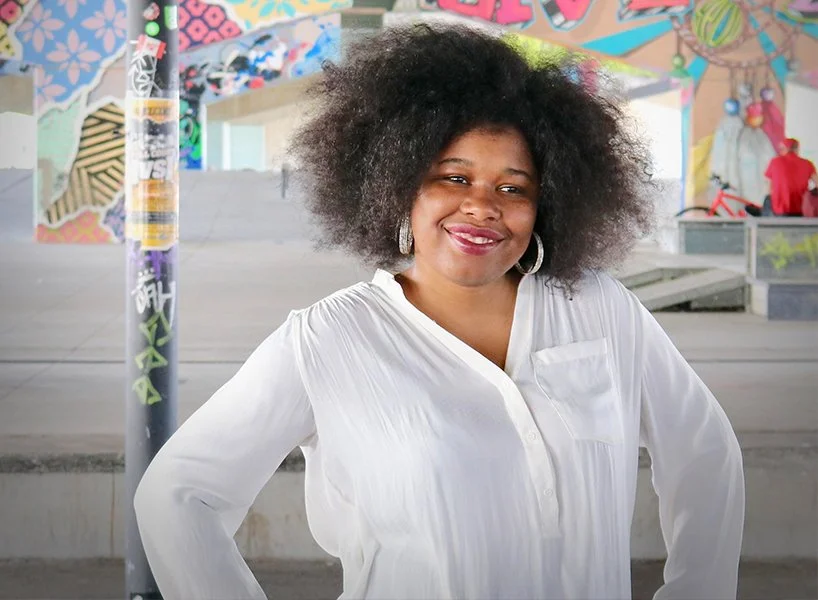Beloved Breakfast Workshop
On the Saturday morning of Luminato’s celebration of Black women writers, Zalika Reid-Benta departed for Banff where she was taking up a residency that had been cancelled during the pandemic. But the rest of the women, including director Dian Marie Bridge and myself, met up for a breakfast workshop. It was arranged by Beloved producer Lani Milstein and it was an extravagantly delicious affair: Eggs and sausages and waffles and hash browns and bacon and French toast and fruit plates with a multitude of juices and coffees and teas. When we were ready for second helpings, a discreet, almost invisible waiter disappeared our dishes Downton-style. My equally invisible photographer, Mallory Drumm, moved about surreptitiously, producing a vivid record of the entire event.
One of the wonderful things about this particular group of women- and I must name them again- Francesca Ekwuyasi, Zalika Reid-Benta, Rebecca Fisseha, Cheluchi Onyemelukwe, Myriam Chancy, Aminatta Forna and Dawnie Walton - was that although they were diverse in many ways – nationality, accomplishments, celebrity, not to mention personality- they were absolutely generous with each other, willing to share and to listen and to support and, at times, to even vociferously disagree. It’s true what they say: Character is everything.
The women’s wide-ranging conversation- I tried very hard to stay out of it, for it was their allotted time- covered writing practice, literary techniques, prize-giving, international aspects of the industry, and, of course, race and publishing. Accumulated in that one room, not surprisingly, was an astonishing amount of knowledge about publishing and how it works. Knowledge is power and Beloved’s breakfast workshop proved to me that Black women writers cumulatively possess the power to disrupt racism in the industry if only we would spend more time talking to one another than on the diversity panels that are often sponsored by the very houses that decline to hire us in meaningful numbers or properly market our books or pay us fair advances. I encourage Black women writers to come together in small groups, as we did that Saturday morning; not merely to support one another’s work, but to collect our considerable knowledge of the industry. We can, then, use that knowledge to determine strategies that will force publishing to change.
Finally – again, speaking solely for myself- I believe it is time for Black women writers to acknowledge the identity of our opponents, who are frequently warm, well-educated, seemingly empathetic, white women executives. In other words, some of the very white women we might choose as allies or friends are refusing to make space for us alongside them in publishing. As hard as it is to battle people you don’t like; it’s twice as hard to battle people you do. But what are our options?







